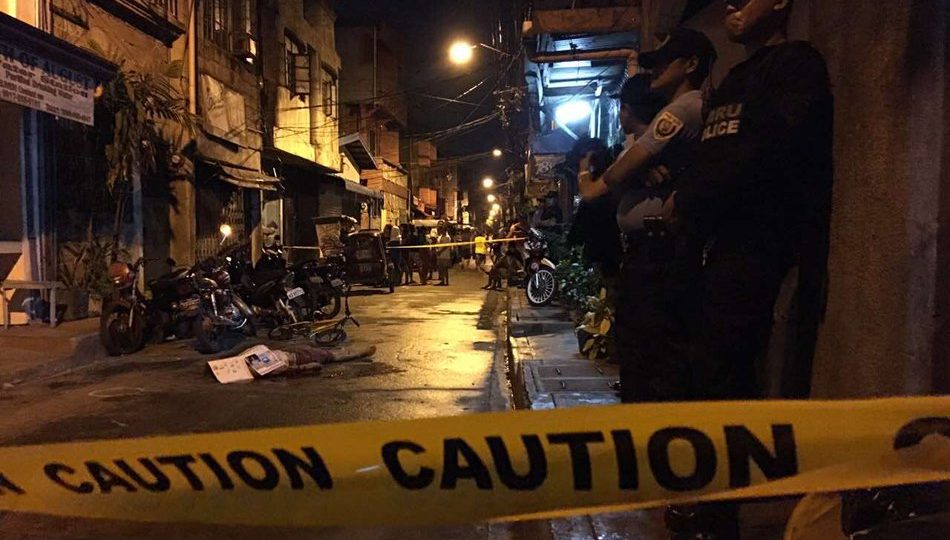President Rodrigo Duterte’s spokesperson today warned members of the International Criminal Court (ICC) that they will be blocked or deported if they come to the Philippines to investigate the country’s bloody drug war.
Salvador Panelo, who also works as the government chief legal counsel, also slammed groups that criticized the Philippines’ withdrawal from the ICC, which took effect yesterday.
He told reporters that it will be likely that the Philippine immigration will block the ICC’s members at the country’s borders if they say they are coming to investigate the government.
Panelo was quoted as saying by Rappler: “When they (ICC members) tell immigration that they will be investigating (the anti-drug campaign), maybe they’ll be denied entry immediately by immigration.
He was also quoted by GMA News saying that ICC officials are welcome to come to the country as tourists but will be deported if they start investigating.
Panelo said: “I’ll smile at them and tell them nicely, ‘You can’t do it here. If you persist you will be deported. You will be violating [our sovereignty].'”
The Philippines withdrawal from the ICC became official yesterday despite the existence of a petition filed by several senators at the Supreme Court (SC) asking it to revoke Duterte’s unilateral decision to withdraw from the organization, reported The Philippine Daily Inquirer.
The SC had failed to issue a decision in connection to the petition.
Duterte decided to withdraw from the ICC in March last year due to what he says were the organization’s attacks against him and his government in connection to the drug war which he launched in 2016.
Duterte also said the ICC has no jurisdiction over the Philippines because the country’s ratification of the Rome statute that created the ICC was not published in the government’s official publication, the Official Gazette.
At the same time, the government insists that the ICC can only probe cases involving genocide, crimes against humanity, and war crimes if the local courts are unable or not willing to do so.
Last week, Panelo said that the government will not cooperate with the ICC if they choose to investigate. He also said that the organization can only investigate if they started doing so before the Philippines’ withdrawal. However, he said what they have done so far is only a preliminary examination of the complaints that they have received.
Today, Panelo also slammed groups who criticized the Philippines’ exit from the ICC. He said that they have suddenly become “experts in international law [while] sharing the common advocacy of demonizing the President and his administration on the issue of human rights vis-a-vis the drug war.
He added: “They make good media copy, which obviously is the intention.”
One critic was Nicholas Bequelin, Amnesty International’s Regional Director for East and Southeast Asia and the Pacific, who said that while the Philippines has left the ICC, those who are responsible for the crimes committed during the Duterte administration’s anti-drugs campaign “will be held to account – at the ICC or through other international justice initiatives.”
Another was the Philippines’ Commission on Human Rights (CHR), which said that the Philippines’ departure is a “reversal of the country’s commitment to international treaty obligations and a step back from the gains the Philippines has achieved in promoting justice and human rights.”
The government launched its bloody drug war in 2016, where thousands of drug suspects have been killed summarily by members of the Philippine National Police (PNP). The PNP insists that many of the killings occurred because the suspects fought back, an excuse that many Filipinos have become skeptical of.
At the same time, there’s much suspicion that the PNP is not giving an accurate picture of the drug war. It estimated in February that 5,176 suspects have been killed in the drug war, and yet the CHR has said that as much as 27,000 have died.




